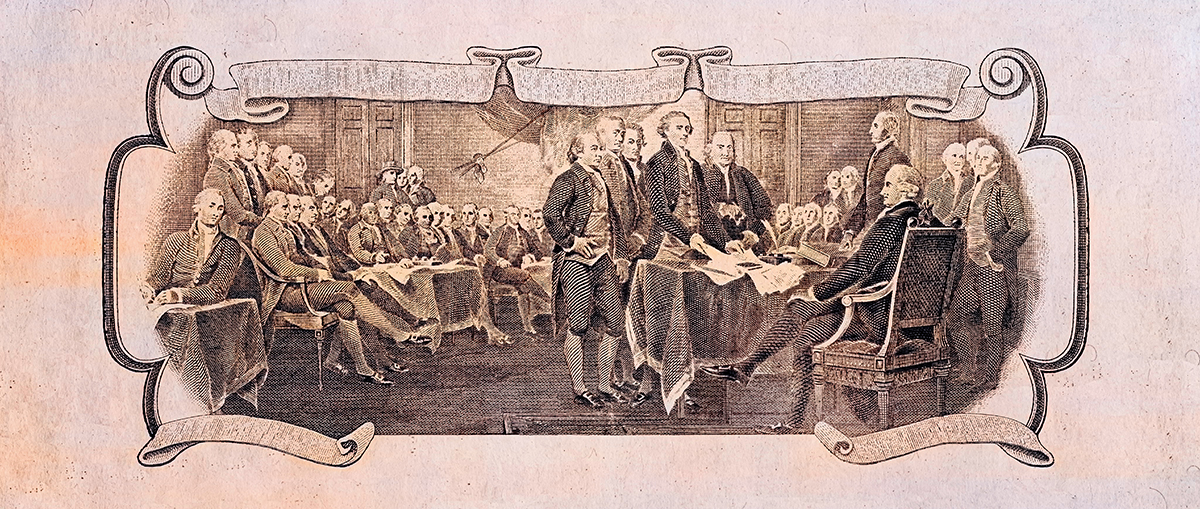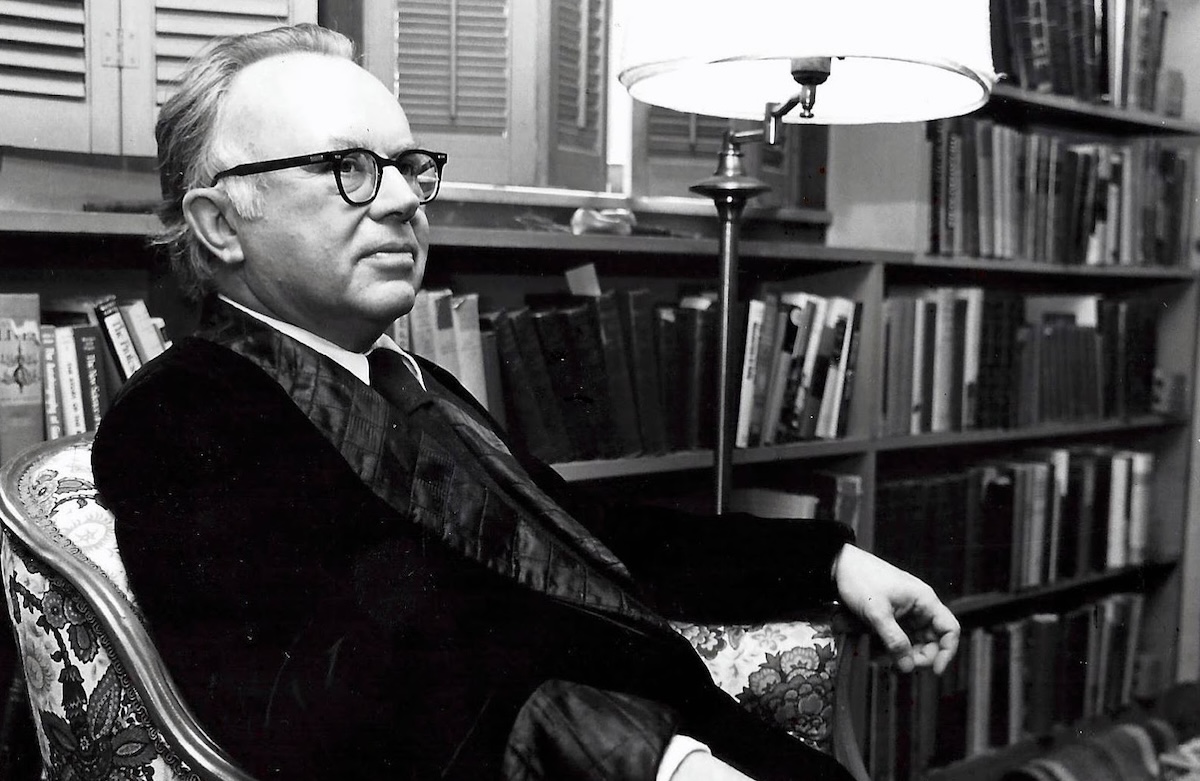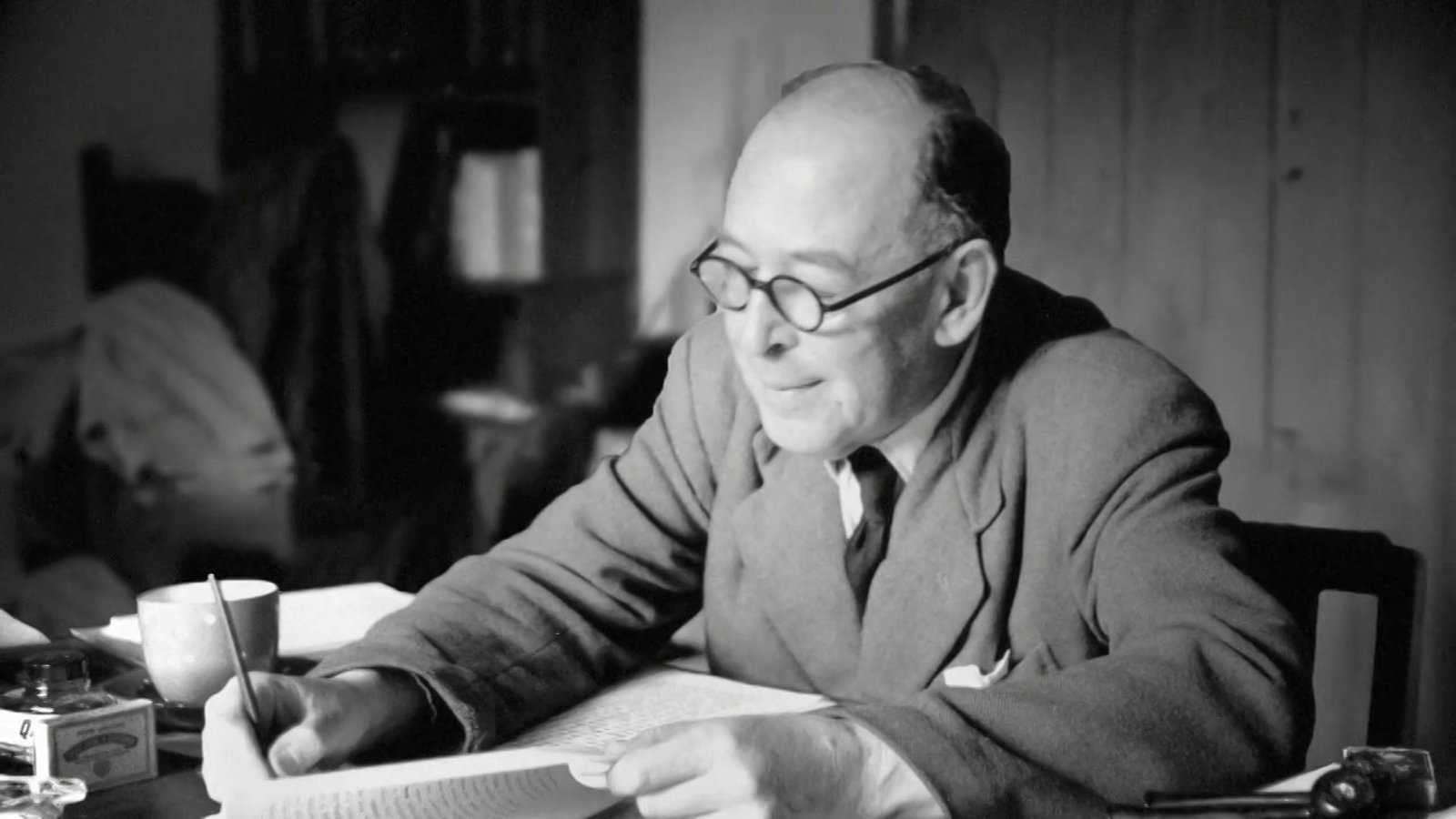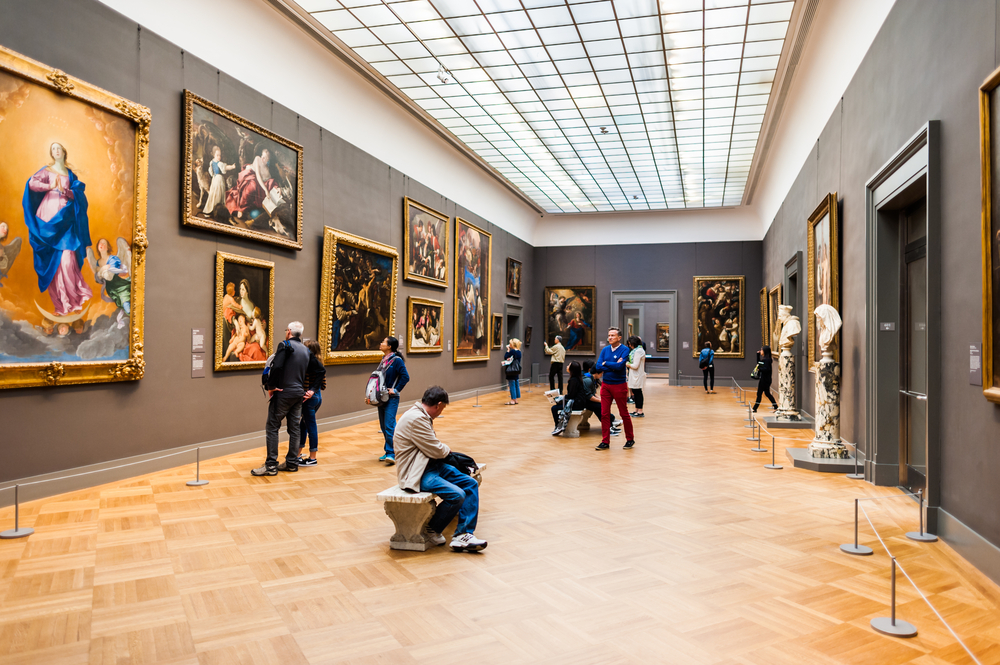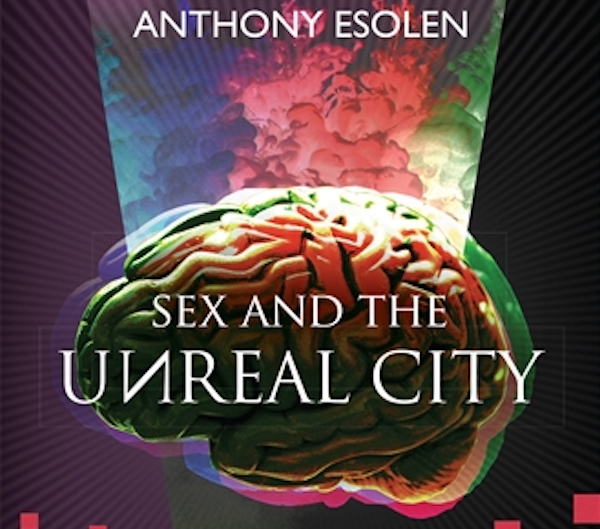March 18, 2025
Professional Licensing Needs a Complete Makeover
Why does an interior designer need a license in only three states: Florida, Louisiana, and Nevada? Why do I need a high school diploma or GED to be an auctioneer in North Carolina? Continue Reading...





